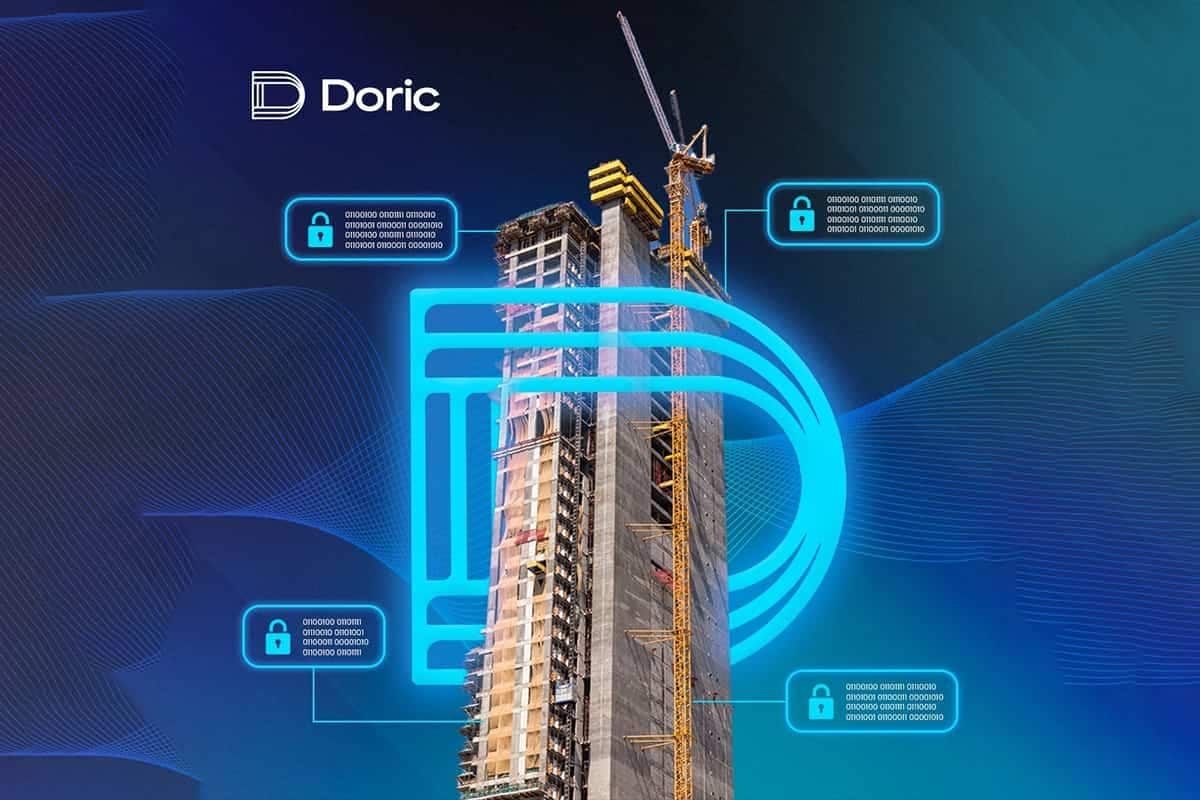In light of the fast development and major changes our economy has been facing, we explored the concepts of blockchain and tokenization as well as their profound implications for the traditional economy. The processes of converting real-world assets into digital tokens on a blockchain and diving into a virtual world are poised to reshape not only the financial markets but our entire world.
Tokenizing a real-world asset involves transforming a physical or tangible asset, such as real estate, art, or a company’s equity, into digital tokens that can be securely and transparently traded on a blockchain. It is a transformative financial innovation that holds the potential to unlock previously untapped value in traditional assets. Tokenization is also a powerful tool for democratizing investment opportunities, meaning that it makes investments accessible to a wider and more diverse range of individuals. It allows a global audience to invest in assets previously restricted to a select few due to high entry barriers. Now, anyone with an internet connection can participate in the ownership of valuable assets.
In addition to the accessibility, the process of tokenization has the power to turn traditionally illiquid assets into liquid ones, allowing easy trading and fractional ownership. This fractional ownership opens up liquidity opportunities for assets that were traditionally illiquid, like real estate. It means that you can easily buy or sell tokens representing a portion of a property, providing greater flexibility to investors.
It also brings efficiency to a new level as traditional financial processes involve intermediaries, paperwork, and complex legal procedures. Tokenization streamlines these processes, reducing costs and administrative burdens. Smart contracts, embedded in tokens, automate tasks such as dividend distribution and asset transfers, ensuring efficiency and accuracy.
Not everybody knows, but blockchain technology offers unparalleled transparency. Every transaction and ownership change is recorded on an immutable ledger, reducing fraud and enhancing trust among participants.
These developments are poised to cause a real revolution in the traditional economy. Tokenization challenges the role of traditional financial intermediaries like banks, stock exchanges, and payment processors, which would reduce their dominance; and, by automating processes, tokenization also reduces administrative overhead and transaction costs. Good for the people, but not so good for major traditional intuitions that make massive profits working as an intermediary.
Tokenization also offers opportunities for individuals to invest in a broader range of assets, promoting greater wealth distribution and diversification. It also fosters global markets and facilitates international trade by eliminating geographical barriers, making cross border transactions a much more efficient and easier process.
Why Tokenization is the Future of the Economy, one may still think. Tokenization is a cornerstone of the future economy due to its potential to do all the above: increase liquidity, enhance accessibility, streamline processes, and democratize investment opportunities. It offers a pathway to inclusive economic growth, reduced wealth inequality, and globalized financial markets.
Tokenization can leverage different types of blockchains, each offering unique features and capabilities to suit various use cases. In our research for new and disruptive projects coming up, we found one particular project that seems to be very interesting, the Doric Network. Doric is an all-in-one solution blockchain known for its efficiency and accessibility. The blockchain mission is to make the tokenization process more efficient, secure, and accessible to all. According to the community and developers, Doric allows tokenization at a much lower cost and eliminates the need for a deep understanding of how to develop and utilize a blockchain – a true democratization of the tokenization process.
The Doric Network resides on a robust framework to the world of DeFi and is capable of handling a significant volume of data. Based on its own blockchain, Doric uses the PoA (Proof of Authority) consensus algorithm, which allows for much faster transactions and scalability to the network. The network is a complete ecosystem that provides all the resources needed for the entire tokenization process: from development to listing and tokens negotiation.
Each type of blockchain has its own strengths and weaknesses, and the choice of blockchain for tokenization should consider factors such as security, scalability, cost, regulatory compliance, and the specific use case. Additionally, interoperability solutions are emerging to bridge the gap between different blockchains, allowing for greater flexibility and versatility in tokenization projects.
It is needless to say that tokenization represents a paradigm shift in the world of finance and our daily lives. As it continues to gain traction, it will undoubtedly play a pivotal role in shaping the future of the economy, creating new opportunities, and redefining the way we invest and transact in the digital age.
This article is a paid publication and does not have journalistic/ editorial involvement of CoinGape. CoinGape does not endorse/ subscribe to the contents of the article/advertisement and/or views expressed herein. Do your market research before taking any actions . The author or the publication does not hold any responsibility for your personal financial loss.

